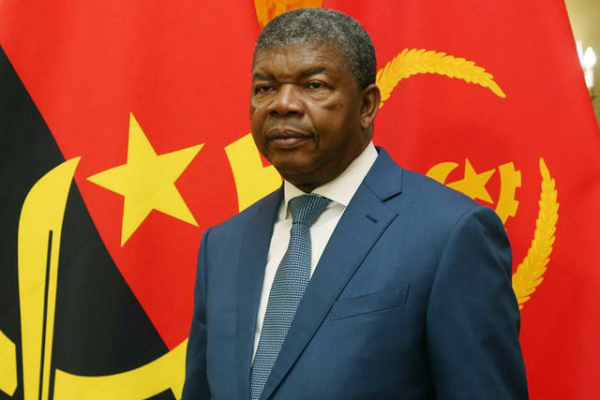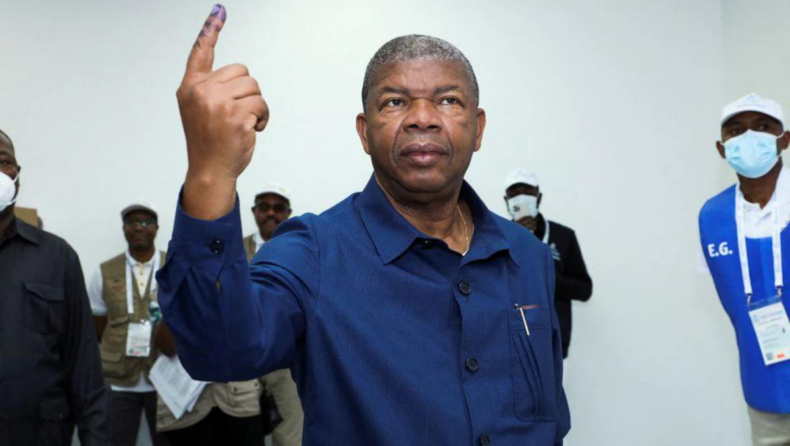Joao Lourenco’s second term as president of Angola may have disappointed those voters hoping to end the country’s fifty years of one-party control, but most would agree that he has made significant progress against corruption inside the ruling party.
After the electoral commission’s vote count revealed that Lourenco, 68, and the MPLA had won by a margin of 51.17%, the election was proclaimed a victory. It was the party’s narrowest margin of victory ever.
When this reserved, grave-faced former defence minister assumed office in 2017, few people in the nation that had won its independence from Portugal in 1975 knew what to expect.
Many others questioned how he would topple his now-deceased predecessor, Jose Eduardo dos Santos, who had spent 38 years in office cementing power while his families collected vast sums of money from the oil revenue coming into the country’s coffers.

The speed with which Lourenco strengthened his control over the government’s People’s Movement for the Liberation of Angola (MPLA) and began anti-corruption investigations against Dos Santo’s children and other party heavyweights, however, startled virtually everyone.
They all claim they are the targets of a witch hunt and deny any wrongdoing. Authorities claim that in just two years, Angola, which is located on the west coast of southern Africa, recovered $5 billion from state coffers, the majority of which came from the sovereign wealth fund.
In addition, Lourenco has pledged to restructure one of the most unequal economies in the world, whose oil-fueled booms have mostly served to enrich senior MPLA leaders by piling wealth into their gated estates and offshore bank accounts.
Since more than half of Angola’s population lives in poverty and more than half of those under the age of 25, he has had less success here, at least so far. Because of this, a lot of irate and poor young people supported his competitor, UNITA leader Alberto Costa Junior.
Lourenco’s history
Lourenco’s family was active in the fight for independence from Portuguese domination when he was born in Lobito, in the coastal province of Benguela, in Angola. Between 1958 to 1960, his father, a nurse, was imprisoned in Luanda for political activism.
Lourenco, who was in his early 20s, joined the Marxist MPLA rebel movement in exile in the Congo Republic in 1974 and was among the first to enter Angola during an anti-colonial uprising that was successful in late 1975.
He had military training from 1978 and 1982 in the former Soviet Union, where he also earned a master’s degree in history before returning home, like many African soldiers serving under Marxist governments. He finally transitioned from military to politician there.













